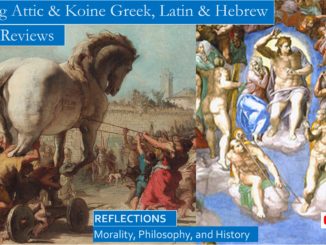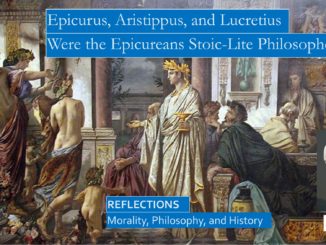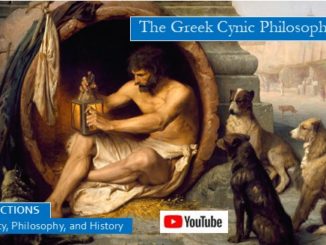
Why doesn’t the Bible condemn slavery?
The Bible does not condemn chattel slavery, or the institution of slavery, because, as Jesus exhorts, the poor will always be with us, there will always be wage slaves, because the rich will always take advantage of poor, seeking to pay them starvation wages, taking advantage of the poor. […]



